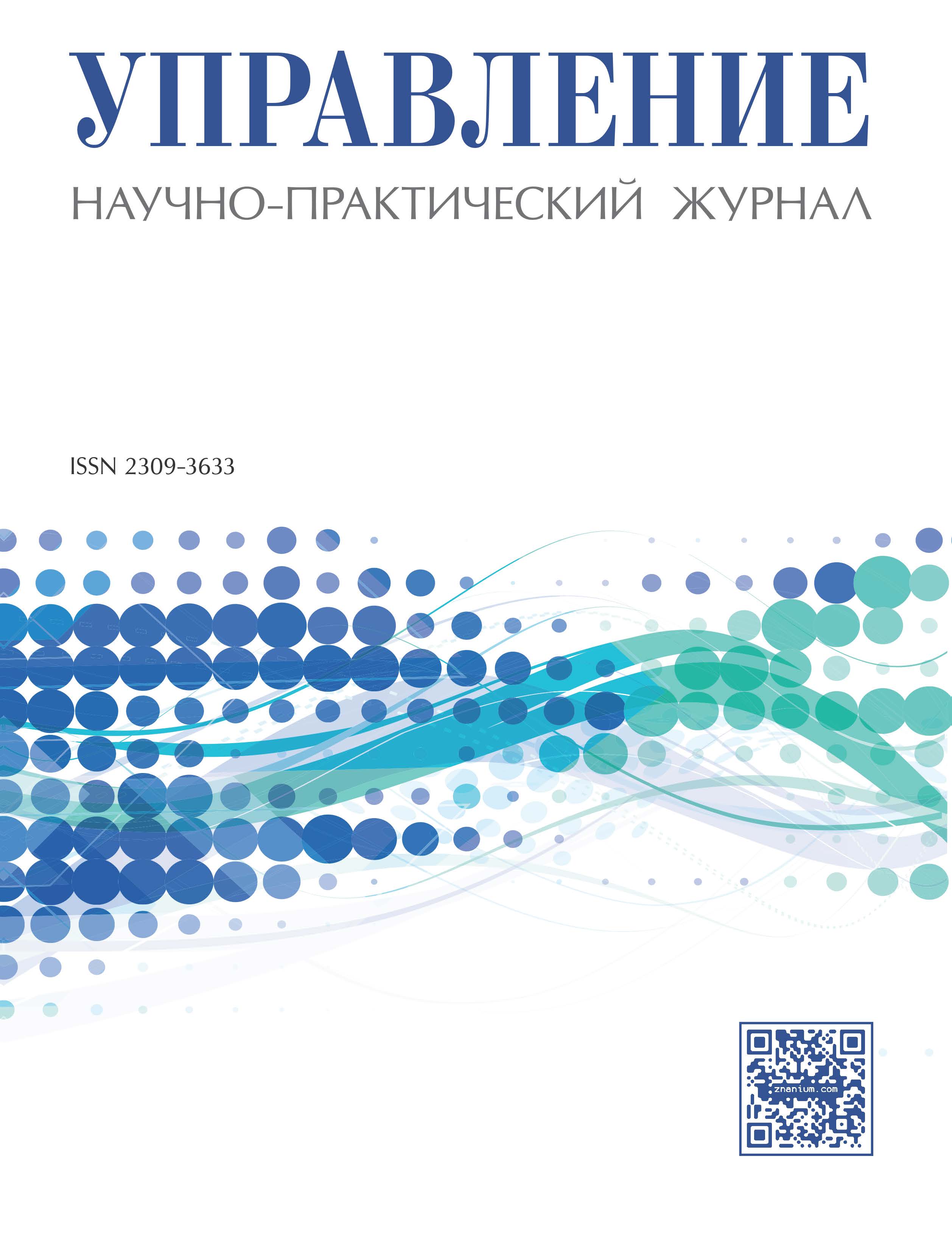Moskva, Moscow, Russian Federation
Moskva, Moscow, Russian Federation
The article describes the possible dangerous consequences of the introduction of new information and communication technologies, namely the destruction of conventional roles, of shared mental models due to the distortion of information and its context, the destruction of rutin interactions. The rapid development of science and technology in the late twentieth century led to the emergence of new information and communication technologies (ICT). In this regard, change the forms of communication and the relations between economic agents. This is particularly expressed in the change of conventional roles and common mental models. The possible negative consequences of the application of new ICT are discussed in the article, namely the increase in the probability of inaccuracies and errors in communications, the appearance of a gap in the senses or mutual understanding between the sending and receiving parties due to incorrect context transfer. The rapid change in the conditions of communications, its methods, increasing the share of verbal information leads to the destruction of the pre-rational basis of mutual understanding of people, and consequently to the restriction of economic growth according to G.V. Grebennikov. The solution of emerging problems is seen in the preservation of the traditional notion of communications (their goals, tasks, place in the relationship); determine their some necessary number and type. The preservation of common mental models depends on the preservation of their essential part – common values. We see that the Orthodox faith offers a person a higher ideal and values corresponding to him, as well as a way to achieve it, which can be tested by experience.
information and communiction technologies, conventional roles, common mental models, information gap, ideal, values.
Конец ХХ в. характеризуется бурным развитием информационно-коммуникационных технологий (ИКТ). Следствием этого является проникновение новых способов передачи информации в различные сферы человеческой деятельности.
1. Grebennikov V.G. Institutsionalizm kak metodologiya ekonomicheskoy nauki [Institutionalism as a Methodology of Economic Science]. Vvedenie v institutsional’nuyu ekonomiku [Introduction to Institutional Economics]. Moscow, Ekonomika Publ., 2005. (in Russian)
2. Institutsional’naya ekonomika [Institutional economy]. Moscow, FGBOU VPO «REU im. G.V. Plekhanova» Publ., 2015. 288 p. (in Russian)
3. Kristensen K. Strategiya zhizni [Strategy of life]. Moscow, Al’pina publisher Publ., 2013. 240 p.
4. Usloviya absolyutnogo dobra: Osnovy etiki; Kharakter russkogo naroda [Conditions of absolute good: The fundamentals of ethics; The nature of the Russian people]. Moscow, Politizdat Publ., 1991. 368 p. (in Russian)
5. Luka (Voyno-Yasenetskiy), the Saint. Dukh, dusha, telo [Spirit, soul, body]. Moscow, OBRAZ Publ., 2009. 128 p. (in Russian)
6. Sorokin P. Prestuplenie i kara, podvig i nagrada [Crime and punishment, feat and reward]. St. Petersburg, Ya.G. Dolbysheva Publ., 1914. 456 p. (in Russian)







